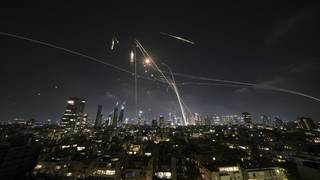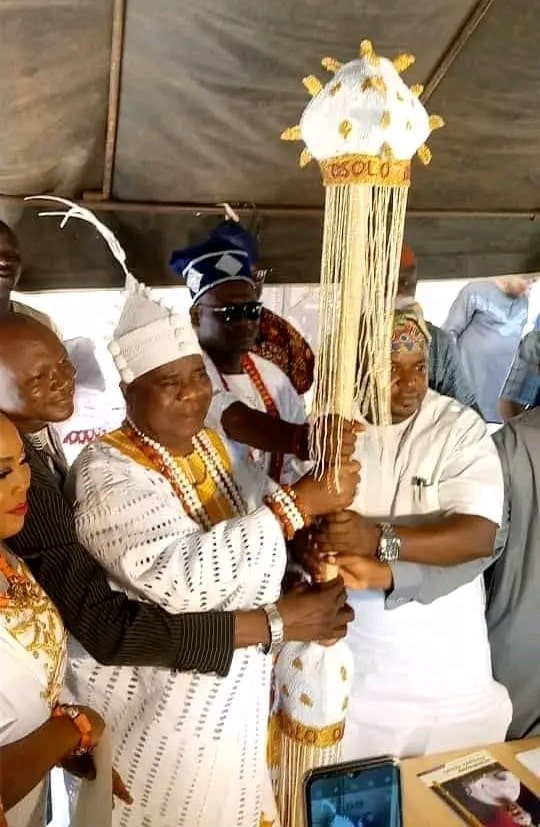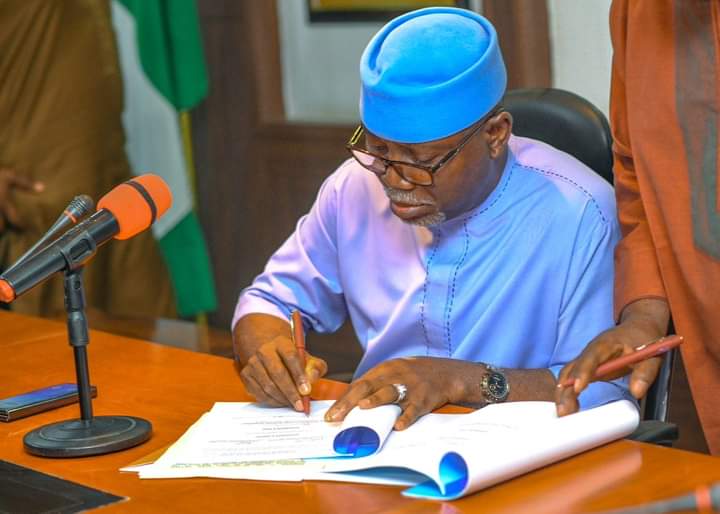Moscow aims for parity with the US, which has yet to ratify an agreement prohibiting all atomic detonations
Russian MPs will soon engage in discussions regarding the potential withdrawal of Russia’s ratification of the 1996 Comprehensive Nuclear-Test-Ban Treaty (CTBT), a proposal that was introduced by President Vladimir Putin earlier this week, according to State Duma Chairman Vyacheslav Volodin.
The senior legislator pledged that this deliberation within the lower chamber of the Russian parliament would take place in the upcoming session, stressing that the decision would align with the national interests of the country.

The CTBT prohibits all nuclear explosions regardless of purpose and environment, expanding the limitations set in the 1963 Partial Test Ban Treaty. Unlike its predecessor, the current agreement never entered into force, since some nations, including the US, declined to ratify it.
Putin brought up the ineffective ban at the Valdai Discussion Club on Thursday, while discussing new nuclear delivery systems. He mentioned that some advisors were arguing that the true viability of a new platform could only be fully demonstrated through an actual nuclear payload detonation.
“I am not prepared to say whether or not we should conduct tests. But mirroring the US in our relations … that we can do,” he said, referring to the status of the CTBT. However, Putin stressed that the final decision over the treaty lies with the State Duma.
Responding to Putin and Volodin’s statements, Kremlin spokesman Dmitry Peskov emphasized on Friday a decision by lawmakers to withdraw Russia’s international commitment would not automatically imply the resumption of nuclear testing.
The US last conducted a live nuclear test in 1992, while Russia, then the Soviet Union, did so in 1990. Putin has cautioned on multiple occasions that if Washington were to breach the de facto testing moratorium, Moscow would respond in kind to maintain parity in deterrence.








